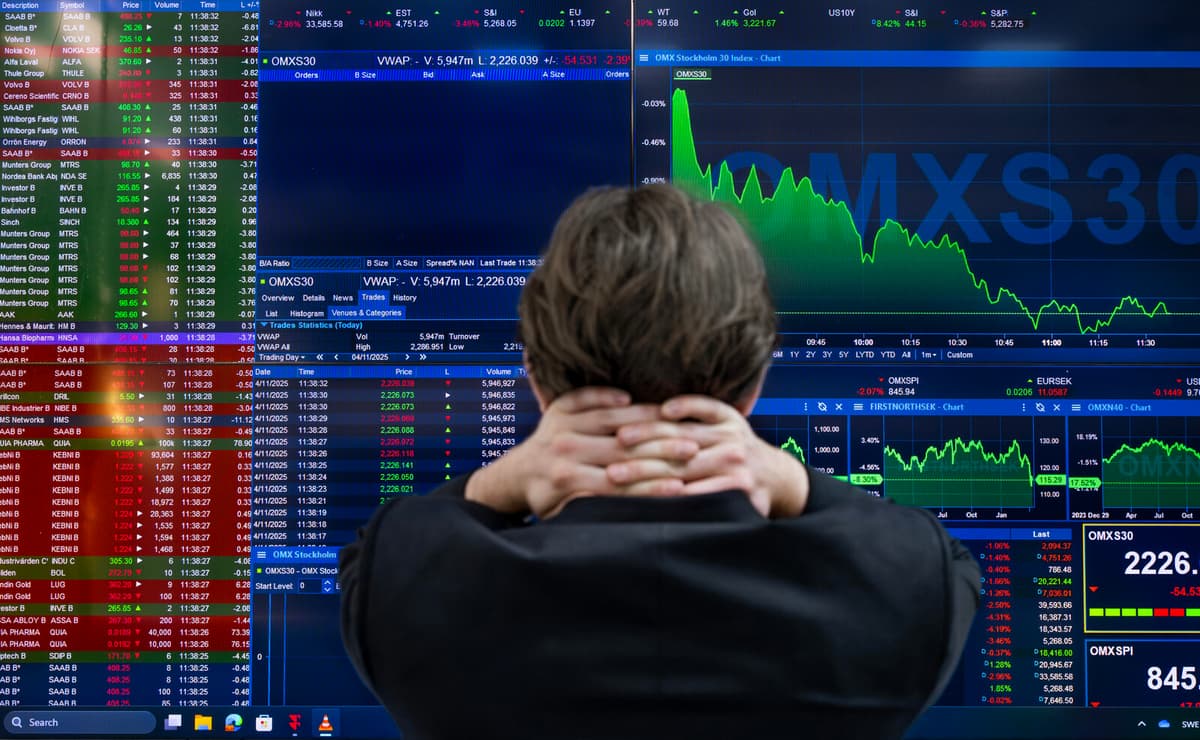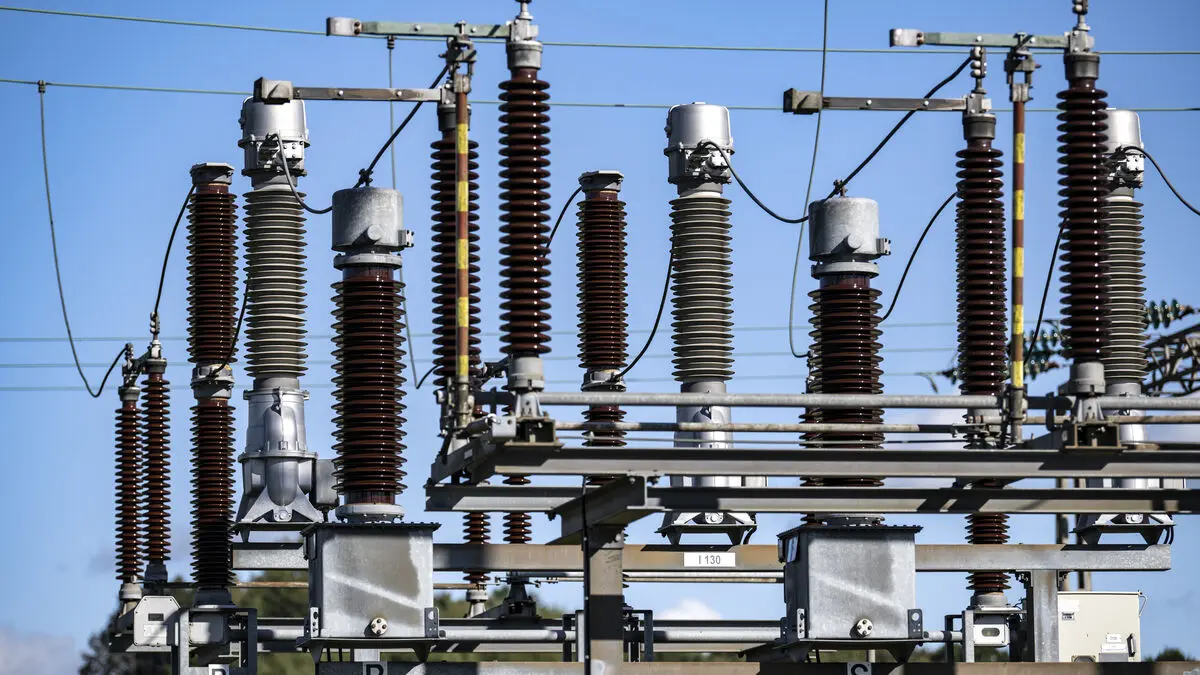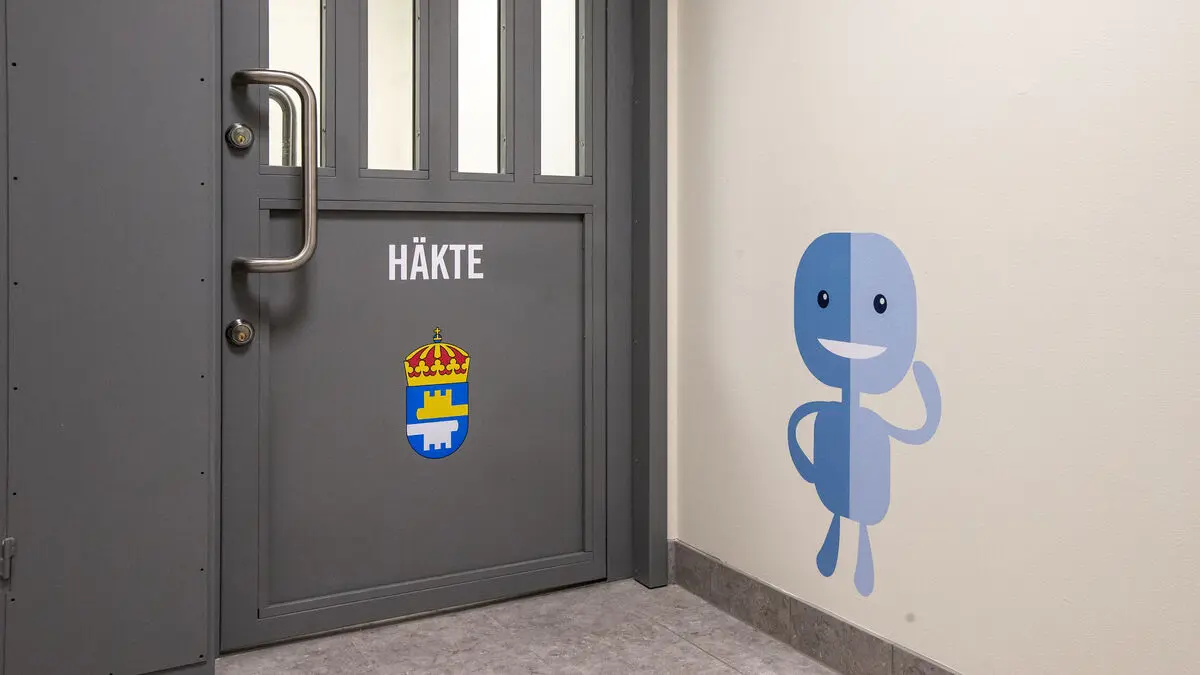At the online bank Nordnet's customers, the activity was high in connection with the US president announcing the "liberation day" and announcing comprehensive tariffs against the rest of the world.
Then we saw an incredible activity. Savers wanted to act, both with purchases and sales, says Frida Bratt, economist at Nordnet.
Savers sold American shares – and fled to Swedish bank and industrial shares primarily.
In the evening of April, Trump announced the tariffs, and during the three trading days that followed, the Stockholm Stock Exchange fell 10%. A few days later, he announced a 90-day tariff – although tariffs of 10% for most countries remain.
Took advantage
The three days that followed the tariff announcement, also resulted in high activity among private customers at Nordnet competitor Avanza – the number of transactions and turnover accounted for a quarter of the total in April. Share savers bought for more than they sold during April 3 and 4 – but were net sellers again on April 7.
At Avanza, one saw purchases primarily in favorite shares Investor and Volvo – which were down several percent at the time.
Those who have a little extra ice in their stomach may take advantage of the dip, says Avanza's economist Philip Scholtzé and continues:
When it's so turbulent, maybe it's closer to going to shares that one knows.
"Keep a cool head"
The Stockholm Stock Exchange's decline has since been recovered. So how should one think as a small saver in similar situations?
The sad advice is to keep a cool head. Despite everything – the best stock market days come after the worst, says Bratt.
Such a crash teaches one that during strong movements, one must take it "very cautiously", Scholtzé believes. Those who have ice in their stomach and dare to buy can make good deals in the short and long term.
But for most people, one should probably just continue to save monthly and let it be, he says.






